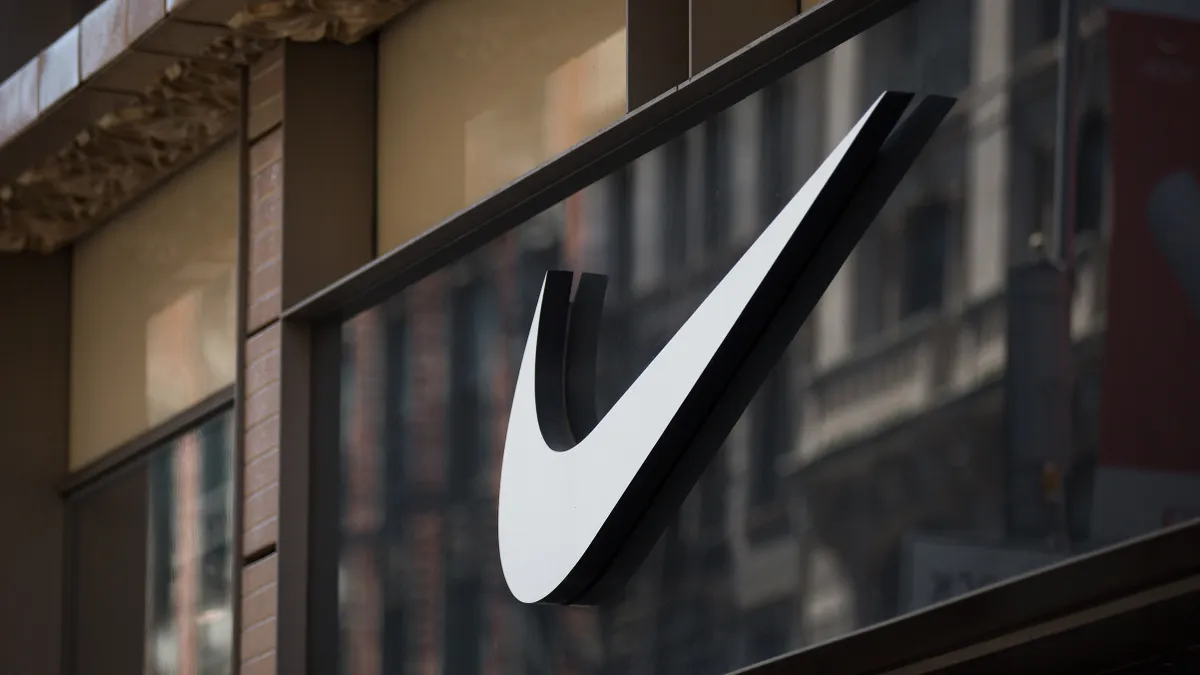Dive Brief:
- Nike violated California’s labor codes and unfair competition law when it failed to accommodate postpartum and nursing female workers, a former retail employee alleged in a class-action lawsuit May 8.
- According to the suit, filed in the California Superior Court for the County of Los Angeles, the plaintiff primarily breastfed her 3-year-old child “until she was forced to stop” due to Nike’s policies. She claimed Nike failed to provide reasonable breaks to pump and that the store she worked at did not have a dedicated lactation facility.
- The plaintiff sued on behalf of herself and similarly situated current and former employees. Nike did not immediately respond to an HR Dive request for comment.
Dive Insight:
Protections for nursing employees received a boost in 2022 via the Providing Urgent Maternal Protections for Nursing Mothers Act, or PUMP Act. Under the law, nursing workers have the right to reasonable break time to express breast milk for up to one year after their child’s birth, and employers are required to provide a nonbathroom space that is shielded from view, free from intrusion, available as needed and functional for pumping.
California’s labor code has similar requirements for employers, mandating additional break time to employees who need to express breast milk as well as the provision of nonbathroom, private facilities to do so.
In her complaint against Nike, however, the plaintiff alleged the retailer did not allow her time to pump outside of her scheduled meal or rest periods. She claimed this policy forced her to drive 10 minutes to a friend’s house to pump during her lunch break and express milk in the store’s bathroom sink.
The plaintiff further alleged that, in lieu of a dedicated lactation facility, she was given the choice of pumping in her manager’s office, the store’s bathroom or her car. Neither location allowed sufficient privacy to pump, she claimed, and the store lacked a dedicated refrigerator in which she could store her milk. “There were a couple of times that [the plaintiff] stored her milk in the fridge, but it was thrown out even when she put her name on the milk,” per the suit.
Since the PUMP Act’s passage, the U.S. Department of Labor has conducted outreach to employers about the law’s protections. Last year, for example, the agency updated workplace posters. In November, a DOL investigator said during a virtual presentation that the law may protect workers who are exempt from the wage-and-hour protections of the Fair Labor Standards Act.
The Nike suit is the latest in a series of workplace lactation-related lawsuits. In February, a former McDonald’s manager sued, alleging one of the chain’s Kansas restaurants failed to provide nursing employees with reasonable break time and a proper space to express milk.
Nike also has previously faced criticism over its treatment of pregnant athletes as well as female employees generally.
In the late 2010s, former Nike CEO Mark Parker issued a formal apology to employees after reports of a discriminatory company culture toward women emerged in news reports and lawsuits. Olympic athlete Alysia Montaño also criticized the brand in a 2019 New York Times op-ed in which she wrote that the company failed to support pregnant athletes. That year, Nike reversed course on its prior policy of cutting pay for female athletes who became pregnant.















